As the cost of just about everything is skyrocketing, many people are looking for ways to save money and make the most of their budgets. Shortening is a staple around the holidays with baking and cooking but the cost of shortening is going up and that is if you are lucky enough to even find it in stock. These simple substitutes for shortening will help ensure that you have an option for whatever you are making from pie crust to fried chicken.
Which is the best substitute for shortening?
There is no best substitute for shortening as each option has its own flavor and texture. However, some popular substitutes include coconut oil, lard, applesauce, yogurt, mashed bananas, date paste, non-dairy butter substitutes, prune puree, avocado mashed with lemon juice and olive oil, and sour cream mixed with melted butter.
Related: What to use for egg substitutes in baking
How do I know which substitute to use?
Choosing the right substitute depends on the recipe and desired outcome. For example, fruit purees work best in recipes calling for a higher moisture content while plant-based options like coconut oil can provide flavor without too much sweetness. Experimenting with different options will help you find the perfect fit!
Is it possible to completely replace shortening with a healthier alternative?
Yes! In fact, many of the alternatives listed above offer nutritional value that traditional shortening does not possess. With so many delicious options to choose from, swapping out unhealthy fats for more natural ones can be easy and rewarding!
Butter
My favorite substitute for shortening is and will always be butter. This is because butter while having a higher water content than shortening hardens up well and has an amazing flavor that is unmatched by other options. Whether you are treating a pan for the perfect brownies or looking to make your cookies have the perfect crunch you can not go wrong with seeing flavorful butter as an alternative for shortening.
Real butter will always be superior even to commonly available butter-flavored shortenings on the market. That said, butter has a low smoke point making it less than ideal for things that will be cooked for a long time over high heat. This is great to stock up on and store in your freezer when it goes on sale around the holidays.
Related: Easy 2 Ingredient Heavy Cream Substitute
Beef fat
Gone are the days of throwing out food scraps that can be useable. Many of us are moving back to the days of those before us and saving things like grease and animal fat to use in our cooking at a later time. When browning up the cheap ground beef that has a large fat content you can render that fat down by simmering out the excess water and skimming out any leftover bits of meat. This fat-like lard rendered from pork can make a great substitution for shortening in your cooking. The low to no flavor makes it a great option for when you do not want anyone to know you made the swap.
Bacon grease
Does your family like bacon? When you make bacon for your family, take the time to place the leftover grease into a jar and store it in your refrigerator. This can later be filtered by melting the entire jar down gently to help the sediment separate and drop down to the bottom where you can then sift the clear liquid off the top. This filtered bacon grease will then be nearly flavorless making for a great frugal alternative to shortening for things like cookies and frying up small amounts of food.
Vegetable oil
When it comes to frying food like homemade fried chicken shortening is by far the best for getting that perfect crispy crunch but with the cost of food skyrocketing sometimes the best choice is to go with the cheaper option. Vegetable oil can be used for frying up your favorite foods for a fraction of the cost of using shortening. The high smoke point of most vegetable oils makes it a great option for shallow pan frying.
Coconut oil
Coconut oil is a great substitute for shortening when baking cakes and cookies as it provides a light, flavorful result without the unhealthy trans fats found in traditional shortening.
Related: 950+ Amazing Desserts to Impress
Awesome Dessert Cookbooks



Lard
Lard is a classic baking ingredient that can be used as a replacement for shortening in many recipes, particularly those calling for pie crusts. It lends a subtle flavor to the finished product.
Applesauce
Applesauce is an all-natural sweetener that can replace shortening in some recipes, imparting moisture and texture while reducing calories and fat.
Yogurt
Plain yogurt is another great substitute for shortening, providing an even greater boost of protein than applesauce while also cutting down on fat content significantly.
Mashed bananas
Bananas are often overlooked as an alternative to shortening, but they offer the same moist texture while still providing natural sweetness to any baked item they're used in.
Related: Ultimate Bakers Gift Guide
Date paste
Dates are packed with natural sweetness and can be pureed into a paste and then substituted for butter or other types of fat in baking recipes. It adds moisture, thickness, and nutritional value to pastries and bread alike!
Non-dairy butter substitutes like margarine or vegetable shortening: These alternatives are perfect for vegans who need to find an alternative to traditional animal fats when baking desserts or snacks. Though the flavor may not be quite as rich as butter or lard, these nondairy options still work well in a pinch!
Prune puree
Prunes offer a unique sweetness that works perfectly when baking pies and tarts, imparting moisture and richness while keeping calorie counts low at the same time! Simply puree them into a paste with water or almond milk and use them instead of butter or other fats when needed in recipes!
Avocado mashed with a little lemon juice and olive oil
Avocados are packed with healthy monounsaturated fats making them ideal substitutes for traditionally unhealthy fats like butter or vegetable oils when baking cakes or cookies! Mash one ripe avocado with two tablespoons of lemon juice and two tablespoons of olive oil per cup of shortening called for in the recipe then proceed as usual!
Sour cream mixed with melted butter
A combination of sour cream and melted butter creates an incredibly rich texture similar to traditional shortenings without compromising taste! Swap out equal parts sour cream and melted butter whenever you need to cut out trans fatty acids from your recipe!
In conclusion, when switching from traditional shortening to healthier alternatives in recipes, there are many delicious options that can be used. From plant-based substitutes like coconut oil and non-dairy butter substitutes to fruit purees such as mashed banana or date paste, each one is full of flavor and nutrition! With all of these options available and so many recipes to choose from, it's easy to find a substitute for shortening that even the pickiest eater will enjoy!
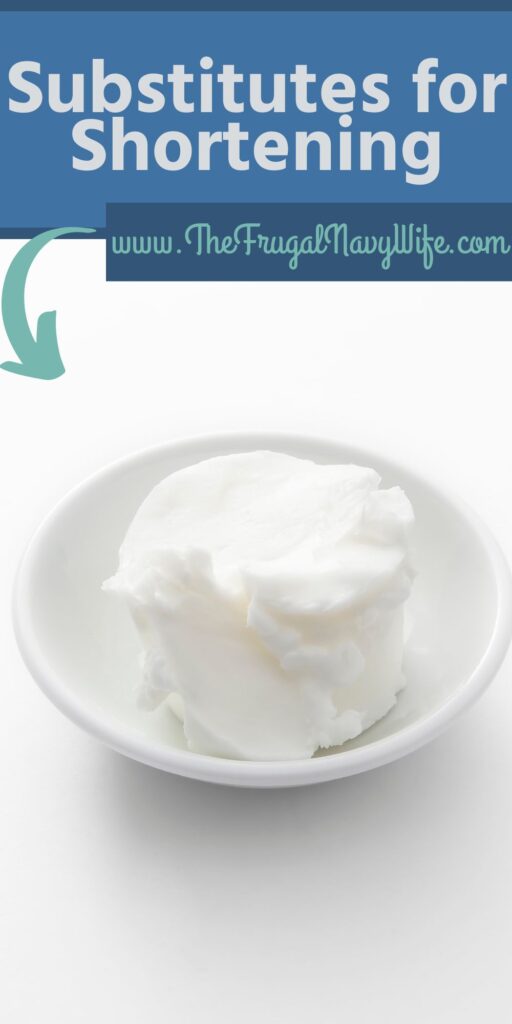

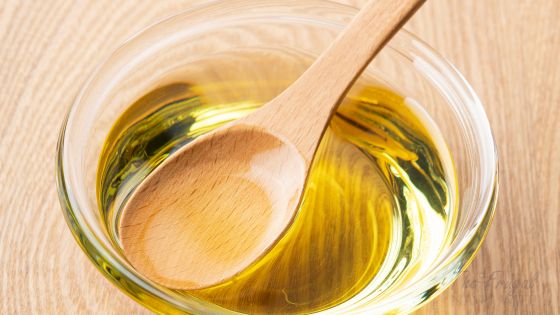
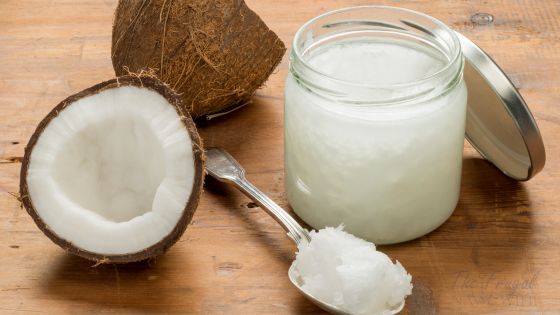
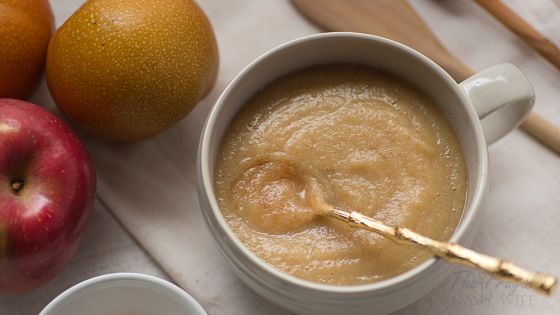
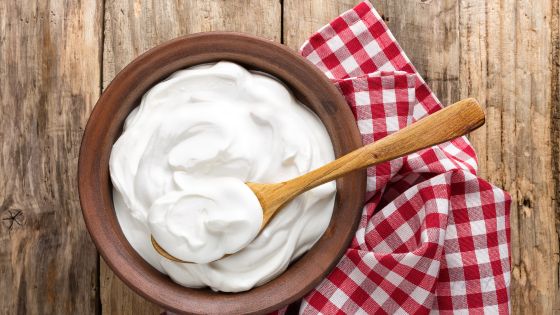
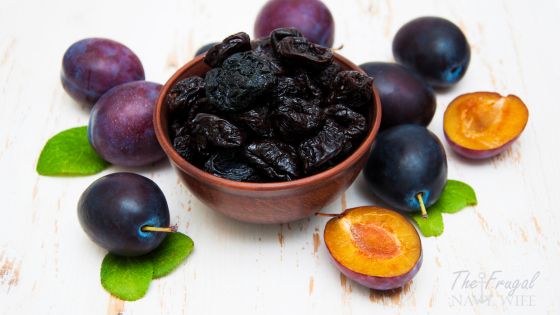
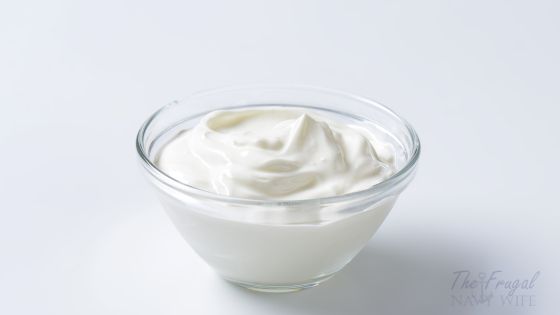
Leave a Reply